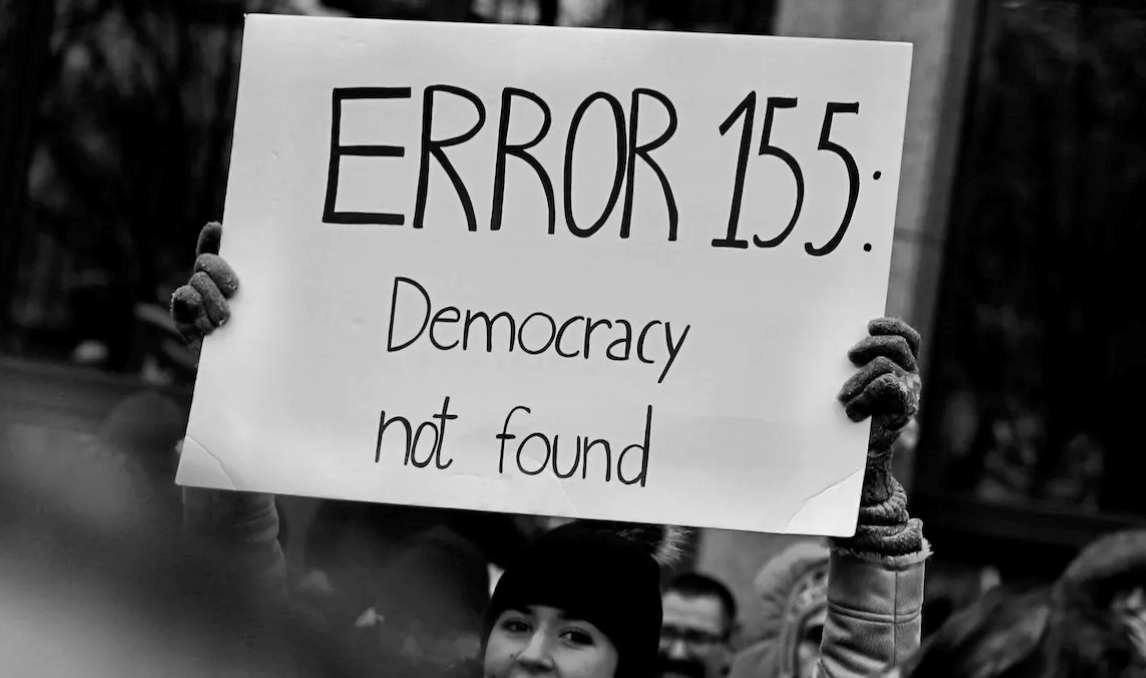The Growing Disconnect Between Political Power and Public Needs
In a system built on the promise of democracy, the question remains: does the government still serve the people, or has it become a tool for maintaining the status quo of the wealthy and powerful?
In Britain, the idea of government “for the people” often feels more like a distant ideal than a lived reality. While democracy promises that those in power will serve the people, the truth is that the government today seems to prioritise the needs of the wealthy over those of society as a whole. This isn’t a critique of politics itself, after all, power is neither inherently good nor bad. It’s how power is wielded that defines its impact on society.
At the heart of this issue is the belief that power should be used to serve the greater good, to address inequality, and to meet the needs of everyone. However, when politicians are influenced by corporate interests, wealthy donors, and media moguls, it becomes clear that policies are often shaped to protect the rich and powerful, rather than addressing the pressing issues that affect the majority. This creates an environment where the needs of the many are sidelined. The government, instead of reflecting the will of the people, has increasingly become a tool for reinforcing the existing power structures.
The politics of power today is driven by a complex interplay between three forces: politics, pop culture, and public opinion. Of these, public opinion plays an especially crucial role. While it may seem volatile and unpredictable, it still shapes policy and drives media narratives. However, in a world where misinformation is rampant, public opinion has become more confused, with people increasingly feeling entitled to their own “facts.” This is a serious issue, we’ve come to a point where many are more willing to trust their own version of reality than to engage with objective truths.
But despite the noise, public opinion still matters greatly. It shapes the policies of governments and the focus of the media. If people feel unheard, they will find ways to make their voices heard, sometimes through protests, demonstrations, or civil disobedience. As historian Howard Zinn observed, when people are repeatedly ignored, their frustration often takes the form of resistance. These acts of protest are powerful ways of expressing the public’s struggle for attention in a system that seems indifferent to their concerns. It’s a desperate cry for recognition, an attempt to force those in power to confront the truth of people’s lives and struggles.
To rebuild trust in government, we need to make public opinion not just heard, but understood. Politics must become more than just a battleground for winning elections or scoring points. It must be a forum for listening, engaging, and adapting to the changing needs of the population. Politics, at its best, should be an expression of our collective stories, reflecting the diversity of experiences and challenges people face. This requires a more thoughtful, inclusive approach to governance, one that doesn’t just respond to the loudest voices but seeks to amplify the voices that are often ignored.
In this context, the constitution, the foundational legal document that underpins British law and politics, must be seen as a living, breathing entity. Like our personal stories, it should evolve and adapt over time, reflecting the needs and values of society as they change. In Britain, the constitution is not written in a single document but is instead a collection of laws, traditions, and conventions. Yet, it is no less important for being unwritten. The constitution should evolve in the same way our political discourse must evolve. It should grow alongside us, adapting to our changing circumstances and helping guide the nation through challenges both old and new.
Unfortunately, the disconnect between the ideal of democracy and the reality of governance is increasingly apparent. The government seems more focused on maintaining power and protecting the interests of the wealthy elite than on responding to the needs of everyday people. The politics we see today too often fails to reflect the values and experiences of the majority. This erosion of trust in government is felt across the country, from the breakdown of public services like the NHS to the growing crisis in affordable housing.
But this doesn’t mean the system is beyond repair. The promise of democracy is still valid, but it requires action from both the government and the public. Politicians must prove they are truly listening to the people they represent. They must be accountable for their actions and willing to change course when the public demands it. More importantly, we, as citizens, must demand that our voices be heard, and that the stories we have to tell are part of the larger narrative of governance.
This is a challenge, but it’s one we can rise to. By reclaiming the power of our collective stories, by making politics an expression of who we truly are as a society, we can begin to bridge the gap between the ideals of democracy and the reality of governance. Only then can we create a government that is truly for the people, one that reflects the lived experiences of everyone and serves the needs of the many, not just the few.





















